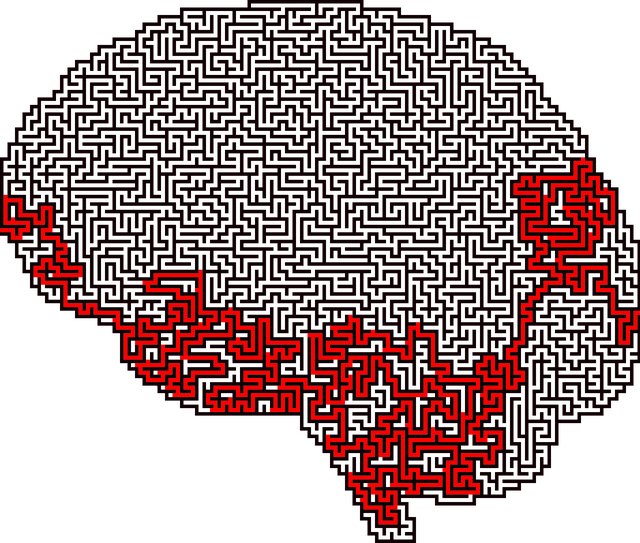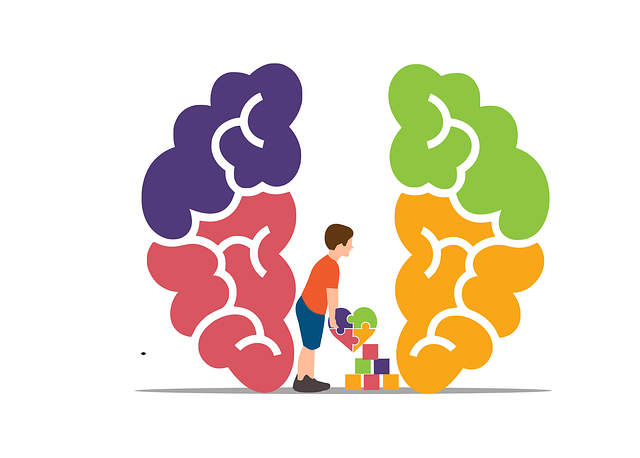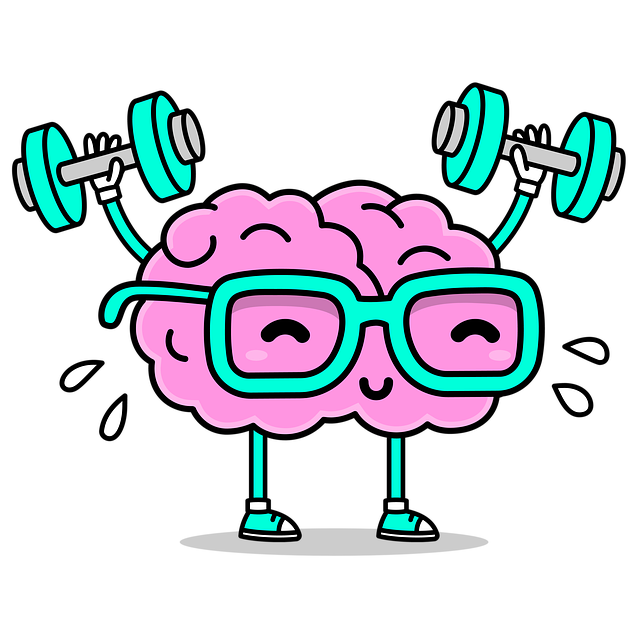Mental health professionals at Englewood ADD-ADHD Therapy utilize robust risk management strategies, including thorough client assessments and continuous monitoring, to create secure therapeutic environments. They employ strategic communication, stress management techniques, and cultural sensitivity training to build trust, enhance resilience, and tailor interventions to individual needs. Through regular risk assessments, staff training, and evidence-based practices, they ensure client safety and promote healing, revolutionizing mental health care with their comprehensive approach.
“In the intricate field of mental health care, risk management is an indispensable component for ensuring patient safety and fostering therapeutic environments. This article guides Englewood ADD-ADHD therapy professionals through a comprehensive approach to risk assessment and mitigation. From understanding the nuances of risk management in mental health practice to identifying specific hazards in therapy settings, we explore essential strategies. We delve into developing robust risk assessment frameworks, implementing effective mitigation tactics, and emphasizing continuous monitoring for adaptable care, tailored for Englewood’s unique ADD-ADHD therapy context.”
- Understanding Risk Management in Mental Health Practice
- Identifying Potential Hazards and Risks in Therapy Settings
- Developing a Comprehensive Risk Assessment Framework
- Implementing Strategies for Effective Risk Mitigation
- Continuous Monitoring, Review, and Adaptability in ADD-ADHD Therapy
Understanding Risk Management in Mental Health Practice

Mental health professionals constantly navigate complex situations that involve deeply personal and sensitive information. Effective risk management isn’t just a safety measure; it’s an essential component of delivering quality care. It involves identifying, assessing, and mitigating potential risks that could arise during therapy sessions or interactions with clients. By implementing robust risk management strategies, such as those tailored for Englewood ADD-ADHD Therapy, professionals can create a secure environment that encourages open communication and promotes positive outcomes for their patients.
Central to this process are strategic communication strategies, stress management techniques, and cultural sensitivity in mental healthcare practice. Open dialogue with clients about expectations, boundaries, and potential triggers fosters trust and empowers them to share crucial details. Equipping professionals with tools for stress management enhances their resilience and ensures they can effectively support their clients without burning out. Cultural sensitivity training enables therapists to understand and appreciate the diverse backgrounds of their patients, tailoring interventions to meet individual needs and avoid unintentionally exacerbating existing challenges.
Identifying Potential Hazards and Risks in Therapy Settings

Identifying potential hazards and risks is a critical step in effective risk management planning for mental health professionals. Therapy settings can present unique challenges due to the sensitive nature of client interactions and the intimate environment they foster. Professionals must be vigilant in recognizing various risks, such as boundary crossings, confidentiality breaches, or even physical hazards within the facility. For instance, at Englewood ADD-ADHD Therapy, therapists must be attuned to clients’ emotional states to prevent potential triggers or escalations during sessions. Regular risk assessments and staff training can help mitigate these concerns.
One key area to focus on is mood management and stress management among both clients and practitioners. The dynamic nature of therapy sessions might lead to intense emotions, requiring well-equipped professionals to handle such situations safely and constructively. Moreover, organizations like the Stress Management Workshops Organization offer valuable resources and training to enhance mental health professionals’ ability to navigate these challenges. By proactively addressing risks, therapists can create a secure environment that promotes healing and growth for all involved.
Developing a Comprehensive Risk Assessment Framework

Mental health professionals play a crucial role in helping individuals navigate complex emotional landscapes and overcome various mental health challenges. To ensure effective care and mitigate potential risks, developing a robust risk assessment framework is essential. This process involves meticulously evaluating clients’ backgrounds, current circumstances, and psychological profiles to identify any red flags or indicators of potential harm.
At Englewood ADD-ADHD Therapy, we recognize that every client’s journey is unique. Our comprehensive risk assessment incorporates a holistic view of the individual, considering factors such as personal history (including trauma and past therapy experiences), family dynamics, substance use, and current life stressors. By integrating self-esteem improvement strategies, depression prevention techniques, and effective communication strategies into our assessments, we create a tailored plan that addresses each client’s specific needs. This proactive approach allows mental health professionals to deliver personalized care while minimizing potential risks.
Implementing Strategies for Effective Risk Mitigation

Implementing effective risk management strategies is paramount in mental health care to ensure client safety and well-being. At Englewood ADD-ADHD Therapy, we understand that every individual presents unique challenges, and tailored strategies are essential for optimal outcomes. Risk mitigation involves a comprehensive approach, beginning with thorough Risk Assessment for Mental Health Professionals. This process includes evaluating clients’ historical data, current symptoms, and potential triggers to identify risks of relapse or adverse events.
By integrating Mental Health Education Programs Design, professionals can empower both clients and themselves. Educating clients on managing their conditions, recognizing warning signs, and implementing coping mechanisms fosters self-reliance. Similarly, training mental health professionals in emotional intelligence enhances their ability to perceive, understand, and manage their emotions, leading to more effective interactions with clients and better risk assessment.
Continuous Monitoring, Review, and Adaptability in ADD-ADHD Therapy

Englewood ADD-ADHD Therapy emphasizes continuous monitoring as a cornerstone of effective treatment. This involves regular assessment of clients’ progress, behavioral patterns, and environmental influences that may impact their symptoms. By staying vigilant, therapists can quickly identify any changes in the client’s condition or response to therapy, allowing for timely adjustments to the treatment plan. Such adaptability is crucial in managing ADD/ADHD, a condition known for its variability.
Regular review sessions facilitate this adaptability by providing opportunities to reflect on treatment outcomes, discuss challenges encountered, and learn from best practices highlighted through Mental Health Education Programs Design. This dynamic approach fosters resilience-building within clients, empowering them to manage their symptoms effectively over time. Moreover, therapists’ ongoing professional development through Mental Health Policy Analysis and Advocacy ensures they stay informed about evidence-based strategies and remain at the forefront of ADD/ADHD treatment methodologies.
Mental health professionals play a vital role in enhancing lives, but they must also navigate complex risks. By understanding risk management, identifying potential hazards, and implementing effective mitigation strategies, therapists can foster a safe environment for clients. A comprehensive risk assessment framework is key, allowing practitioners to adapt and evolve their practices continuously. This approach not only ensures the well-being of both therapist and client but also optimizes outcomes in therapy settings, including those specializing in Englewood ADD-ADHD Therapy.














